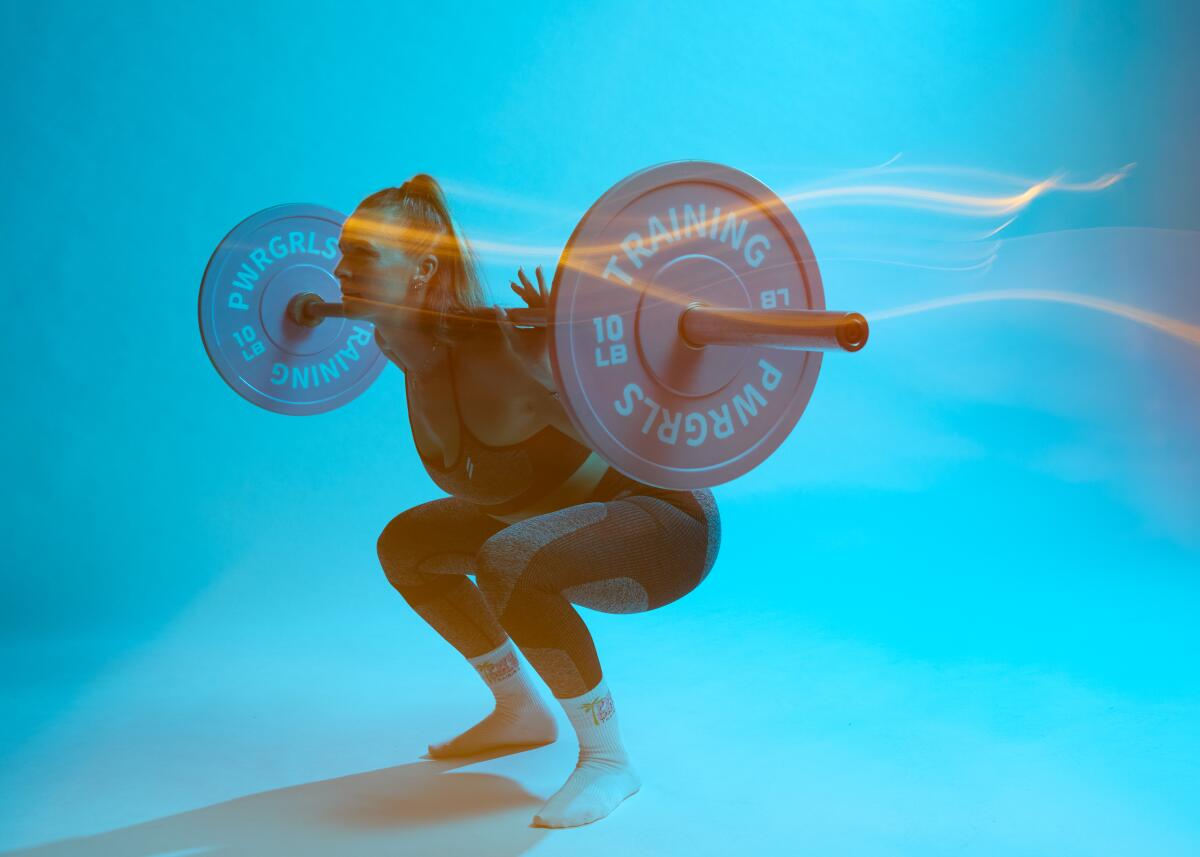
Key Takeaways
- Iron is crucial for women’s health, particularly during menstruation and pregnancy, as well as due to dietary factors.
- Both dietary and supplemental iron are important sources for preventing deficiency.
- Newer supplements that combine iron, probiotics, and prebiotics can be easier on the digestive system.
- Iron needs vary dramatically during pregnancy and after menopause.
- Consulting healthcare providers is essential before starting supplementation.
Table of Contents
- Why Iron Is Essential for Women
- Sources of Iron: Dietary and Supplemental
- Innovations in Iron Supplementation
- Iron Supplementation During Pregnancy
- Postmenopausal Women and Iron Supplements
- Potential Side Effects of Iron Supplements
- Consulting Healthcare Providers
Why Iron Is Essential for Women
Iron is a vital mineral needed for the production of hemoglobin, a protein in red blood cells that carries oxygen throughout the body. For women, maintaining healthy iron levels is even more crucial due to the regular blood loss associated with menstruation and the increased demands of pregnancy. Low iron can manifest as fatigue, pale skin, weakness, and sometimes more serious complications, such as anemia. For women concerned about meeting their daily needs, Iron Supplements for Women can be a useful addition to their routine, especially when dietary sources fall short.
According to the Centers for Disease Control and Prevention, iron deficiency is the most common nutritional deficiency worldwide, disproportionately affecting women of childbearing age. Addressing iron needs proactively not only boosts energy and focus but also helps prevent long-term health complications.
Women with underlying conditions such as heavy menstrual bleeding or gastrointestinal disorders, as well as those following vegetarian or vegan diets, are particularly at risk for iron deficiency. Maintaining awareness of symptoms and risk factors can help promote early intervention and improved health outcomes.
Iron deficiencies are not always obvious. They can develop slowly, so regular screening and awareness of subtle symptoms are key to early diagnosis and treatment. Factors like physical activity, overall health, and individual metabolism can all impact a woman’s iron requirements.
Sources of Iron: Dietary and Supplemental
There are two types of iron in foods: heme iron, which is found in animal-based foods such as red meat, poultry, and seafood; and non-heme iron, which is present in plant-based foods like leafy green vegetables, legumes, and iron-fortified cereals. Heme iron is generally absorbed more efficiently by the body than non-heme iron. However, including vitamin C-rich foods, such as oranges or bell peppers, with non-heme sources can improve absorption.
- Red meat (beef, lamb)
- Poultry (chicken, turkey)
- Seafood (salmon, tuna, shellfish)
- Leafy green vegetables (spinach, kale)
- Legumes (lentils, chickpeas, beans)
- Iron-fortified cereals and breads
Despite these dietary sources, many women, especially those with dietary restrictions or medical conditions, may not meet their daily iron requirements solely through food. In such cases, supplemental iron becomes necessary. Healthcare providers can recommend the right formulation and dosage, often based on blood test results, preventing self-supplementation and possible overdose.
Innovations in Iron Supplementation
Traditional iron supplements have a reputation for causing gastrointestinal side effects, including constipation and nausea. To address this, recent advancements now incorporate probiotics and prebiotics into iron formulations. These “three-in-one” supplements help maintain gut health, reduce stomach upset, and support a healthy immune response, alongside correcting iron deficiency. Studies published in Harvard Health suggest that new forms of iron are not only gentler but also more effective at maintaining consistent iron levels in the body. Choosing the best supplement isn’t just about iron content, as it’s also about how well your body can tolerate and absorb it. Look for options that are specifically formulated for women, and when possible, consider consulting your healthcare provider for a personalized recommendation.
Iron Supplementation During Pregnancy
Pregnancy dramatically increases a woman’s iron needs; blood supply nearly doubles during gestation, elevating the risk for iron deficiency anemia. The American College of Obstetricians and Gynecologists recommends routine iron screening and supplementation as needed during pregnancy. However, new research from Oregon Health & Science University suggests that while iron supplements can reduce the incidence of anemia, they do not consistently improve broader maternal or infant outcomes. Tailoring supplementation to individual needs, guided by regular monitoring and professional advice, is crucial for optimal prenatal care.
Postmenopausal Women and Iron Supplements
After menopause, women’s iron requirements usually decrease, as menstrual blood loss ceases. It is generally recommended that healthy postmenopausal women do not typically benefit from extra dietary iron supplementation. In fact, excessive iron accumulation in the body poses significant health risks, including organ damage, particularly to the liver and heart. For this reason, women over 50 need to seek medical advice before considering iron supplements.
Potential Side Effects of Iron Supplements
While beneficial, iron supplements are not without side effects, particularly when taken in high doses. Common symptoms include:
- Constipation
- Abdominal pain or cramps
- Nausea
- Diarrhea
To minimize discomfort, it’s often recommended to start with a lower dosage and gradually increase it as needed. Taking supplements with food can help alleviate gastrointestinal symptoms, although this may slightly reduce iron absorption. If symptoms persist, switching to a slow-release or combined formula may help.
Consulting Healthcare Providers
Before starting iron supplementation, consulting a healthcare provider is essential. They can assess individual risk, order appropriate blood tests, and recommend dosage tailored for your age, health status, and unique needs. Some women may have underlying conditions such as hemochromatosis or be taking medications that interact with iron. Professional guidance ensures safety, efficacy, and peace of mind on your health journey. Maintaining optimal iron levels plays a foundational role in women’s long-term health. Through a combination of mindful dietary habits, awareness of symptoms, and guidance from trusted experts, women can take proactive steps to safeguard their well-being for years to come.
Conclusion
Understanding iron’s role in women’s health extends beyond simply taking supplements, as it’s about maintaining balance, awareness, and informed choices at every stage of life. From managing the demands of menstruation and pregnancy to adjusting intake after menopause, recognizing how your body’s needs evolve is key to sustaining long-term wellness. Modern innovations in iron formulations make supplementation easier and more effective, helping women avoid discomfort while supporting overall vitality. By combining nutrient-rich foods with professional guidance, women can confidently protect their energy, focus, and overall health, one well-informed decision at a time.
